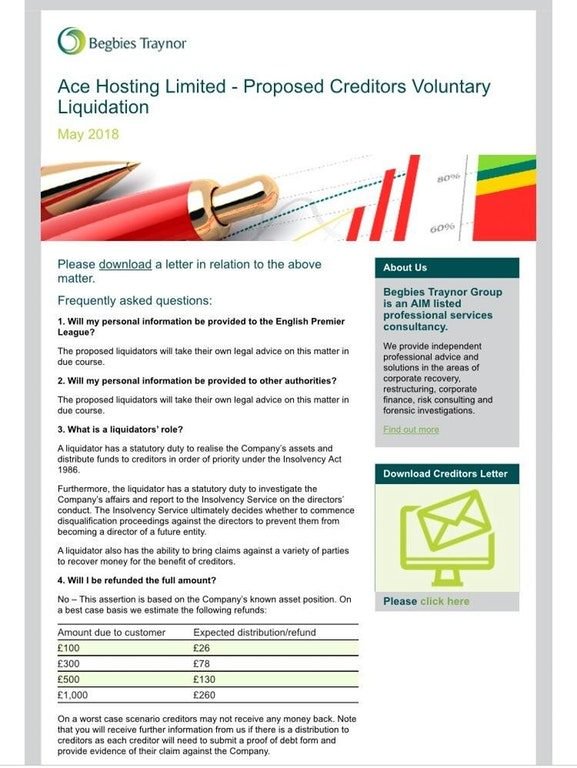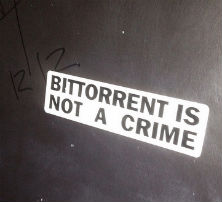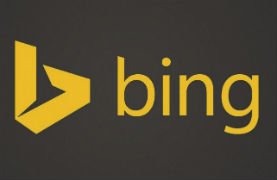 For those out of the loop, unauthorized IPTV services offering many thousands of unlicensed channels have been gaining in popularity in recent years. They’re relatively cheap, fairly reliable, and offer acceptable levels of service.
For those out of the loop, unauthorized IPTV services offering many thousands of unlicensed channels have been gaining in popularity in recent years. They’re relatively cheap, fairly reliable, and offer acceptable levels of service.
They are, however, a huge thorn in the side of rightsholders who are desperate to bring them to their knees. One such organization is the UK’s Premier League, which has been disrupting IPTV services over the past year, hoping they’ll shut down.
Most have simply ridden the wave of blocks but one provider, Ace Hosting in the UK, showed signs of stress last year, revealing that it would no longer sell new subscriptions. There was little doubt in most people’s minds that the Premier League had gotten uncomfortably close to the IPTV provider.
Now, many months later, the amazing story can be told. It’s both incredible and shocking and will leave many shaking their heads in disbelief. First up, some background.
Doing things ‘properly’ – incorporation of a pirate service…
Considering how most operators of questionable services like to stay in the shade, it may come as a surprise to learn that Ace Hosting Limited is a proper company. Incorporated and registered at Companies House on January 3, 2017, Ace has two registered directors – family team Ian and Judith Isaac.
In common with several other IPTV operators in the UK who are also officially registered with the authorities, Ace Hosting has never filed any meaningful accounts. There’s a theory that the corporate structure is basically one of convenience, one that allows for the handling of large volumes of cash while limiting liability. The downside, of course, is that people are often more easily identified, in part due to the comprehensive paper trail.
Thanks to what can only be described as a slow-motion train wreck, the Ace Hosting debacle is revealing a bewildering set of circumstances. Last December, when Ace said it would stop signing up new members due to legal pressure, a serious copyright threat had already been filed against it.
Premier League v Ace Hosting
Documents seen by TorrentFreak reveal that the Premier League sent legal threats to Ace Hosting on December 15, 2017, just days before the subscription closure announcement. Somewhat surprisingly, Ace apparently felt it could pay the Premier League a damages amount and keep on trading.
But early March 2018, with the Premier League threatening Ace with all kinds of bad things, the company made a strange announcement.
“The ISPs in the UK and across Europe have recently become much more aggressive in blocking our service while football games are in progress,” Ace said in a statement.
“In order to get ourselves off of the ISP blacklist we are going to black out the EPL games for all users (including VPN users) starting on Monday. We believe that this will enable us to rebuild the bypass process and successfully provide you with all EPL games.”
It seems doubtful that Ace really intended to thumb its nose at the Premier League but it had continued to sell subscriptions since receiving threats in December, so all things seemed possible. But on March 24 that all changed, when Ace effectively announced its closure.
Premier League 1, Ace Hosting 0
“It is with sorrow that we announce that we are no longer accepting renewals, upgrades to existing subscriptions or the purchase of new credits. We plan to support existing subscriptions until they expire,” the team wrote.
“EPL games including highlights continue to be blocked and are not expected to be reinstated before the end of the season.”
Indeed, just days later the Premier League demanded a six-figure settlement sum from Ace Hosting, presumably to make a lawsuit disappear. It was the straw that broke the camel’s back.
“When the proposed damages amount was received it was clear that the Company would not be able to cover the cost and that there was a very high probability that even with a negotiated settlement that the Company was insolvent,” documents relating to Ace’s liquidation read.
At this point, Ace says it immediately ceased trading but while torrent sites usually shut down and disappear into the night, Ace’s demise is now a matter of record.
Creditors – the good, the bad, and the ugly
On April 11, 2018, Ace’s directors contacted business recovery and insolvency specialists Begbies Traynor (Central) LLP to obtain advice on the company’s financial position. Begbies Traynor was instructed by Ace on April 23 and on May 8, Ace Hosting director Ian Isaac determined that his company could not pay its debts.
First the good news. According to an official report, Ace Hosting has considerable cash in the bank – £255,472.00 to be exact. Now the bad news – Ace has debts of £717,278.84. – the details of which are intriguing to say the least.
First up, Ace has ‘trade creditors’ to whom it owes £104,356. The vast majority of this sum is a settlement Ace agreed to pay to the Premier League.
“The directors entered into a settlement agreement with the Football Association Premier League Limited prior to placing the Company into liquidation as a result of a purported copyright infringement. However, there is a residual claim from the Football Association Premier League Limited which is included within trade creditors totaling £100,000,” Ace’s statement of affairs reads.
Bizarrely (given the nature of the business, at least) Ace also owes £260,000 to Her Majesty’s Revenue and Customs (HMRC) in unpaid VAT and corporation tax, which is effectively the government’s cut of the pirate IPTV business’s labors.
Former Ace Hosting subscriber? Your cash is as good as gone
Finally – and this is where things get a bit sweaty for Joe Public – there are 15,768 “consumer creditors”, split between ‘retail’ and ‘business’ customers of the service. Together they are owed a staggering £353,000.
Although the documentation isn’t explicit, retail customers appear to be people who have purchased an Ace IPTV subscription that still had time to run when the service closed down. Business customers seem likely to be resellers of the service, who purchased ‘credits’ and didn’t get time to sell them before Ace disappeared.
The poison chalice here is that those who are owed money by Ace can actually apply to get some of it back, but that could be extremely risky.
“Creditor claims have not yet been adjudicated but we estimate that the majority of customers who paid for subscription services will receive less than £3 if there is a distribution to unsecured creditors. Furthermore, customer details will be passed to the relevant authorities if there is any suggestion of unlawful conduct,” documentation reads.
We spoke with a former Ace customer who had this to say about the situation.
“It was generally a good service notwithstanding their half-arsed attempts to evade the EPL block. At its heart there were people who seemed to know how to operate a decent service, although the customer-facing side of things was not the greatest,” he said.
“And no, I won’t be claiming a refund. I went into it with my eyes fully open so I don’t hold anyone responsible, except myself. In any case, anyone who wants a refund has to complete a claim form and provide proof of ID (LOL).”
The bad news for former subscribers continues…potentially
While it’s likely that most people will forgo their £3, the bad news isn’t over for subscribers. Begbies Traynor is warning that the liquidators will decide whether to hand over subscribers’ personal details to the Premier League and/or the authorities.
In any event, sometime in the next couple of weeks the names and addresses of all subscribers will be made “available for inspection” at an address in Wiltshire for two days, meaning that any interested parties could potentially gain access to sensitive information.
The bottom line is that Ace Hosting is in the red to the tune of £461,907 and will eventually disappear into the bowels of history. Whether its operators will have to answer for their conduct will remain to be seen but it seems unimaginable at this stage that things will end well.
Subscribers probably won’t get sucked in but in a story as bizarre as this one, anything could yet happen.

Source: TF, for the latest info on copyright, file-sharing, torrent sites and more. We also have VPN reviews, discounts, offers and coupons.

 It’s not a secret that, in sheer numbers, America is the country that harbors most online pirates.
It’s not a secret that, in sheer numbers, America is the country that harbors most online pirates. 

 Founded by BitTorrent inventor Bram Cohen, BitTorrent Inc. is best known for its torrent client uTorrent, from which it made millions over the years.
Founded by BitTorrent inventor Bram Cohen, BitTorrent Inc. is best known for its torrent client uTorrent, from which it made millions over the years.

 While search engines are extremely helpful for the average Internet user, copyright holders also see a massive downside.
While search engines are extremely helpful for the average Internet user, copyright holders also see a massive downside. 
